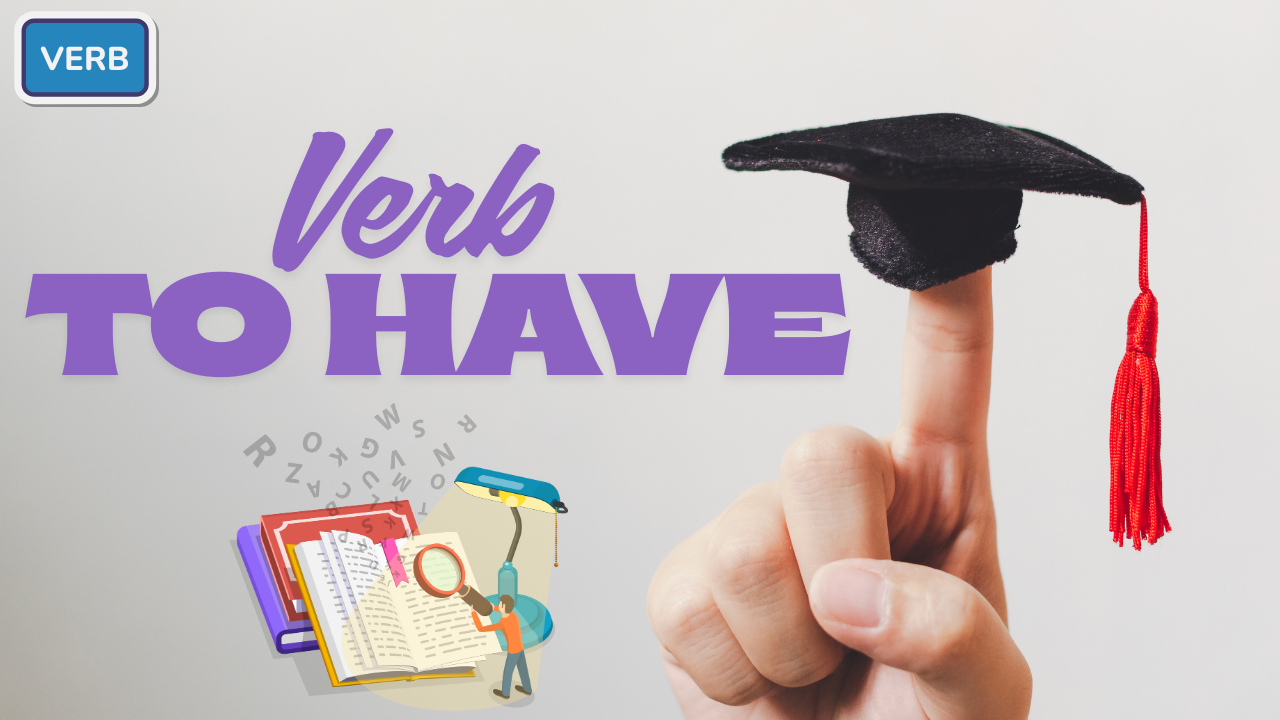Average Review Score:
★★★★★
You must log in and have started this course to submit a review.
Course Content
Ratings and Reviews
0.0
Avg. Rating
0 Ratings
5
0
4
0
3
0
2
0
1
0
What's your experience? We'd love to know!
Login to Review
What's your experience? We'd love to know!
Login to Review

Login
Accessing this course requires a login. Please enter your credentials below!










Responses